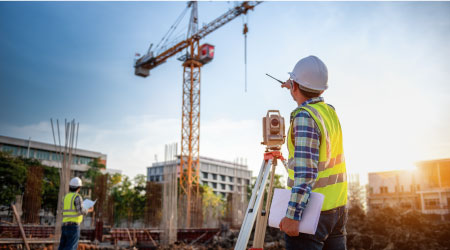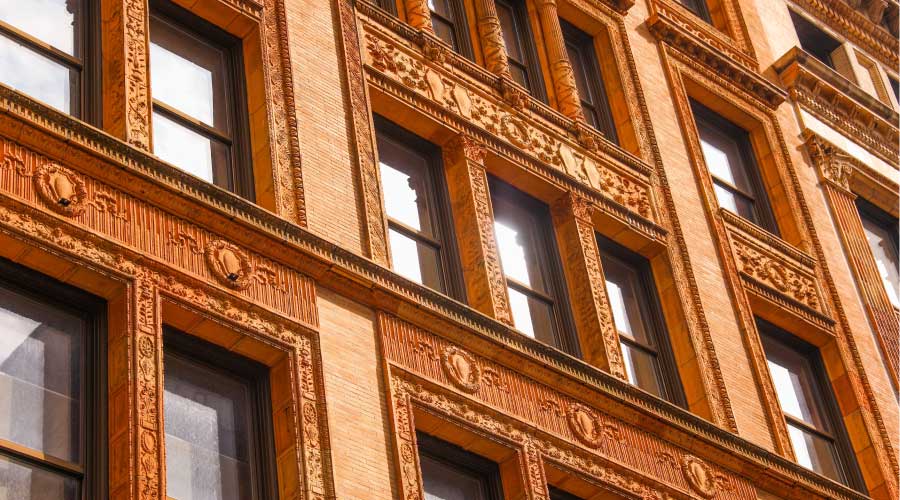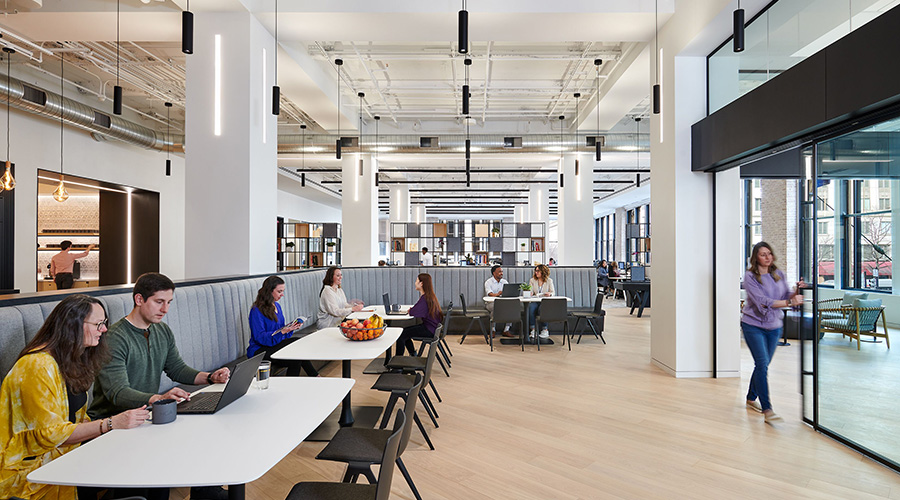Construction Defects: What Is Your Legal Recourse?
Remedying construction defects can be difficult. So it's important for facility managers to understand their legal options.
Facility managers know the importance of budgeting for the regular and ongoing maintenance and repairs that are required for the preservation and upkeep of their buildings. However, for the owners of newer facilities, some repairs and maintenance may not be of the “ordinary” variety. Rather, they may be due to the existence of construction defects that represent a departure from sound building methods and can result in extraordinary maintenance and repair costs, loss of business, and a compromised experience for occupants. These defects are not always readily apparent for many years after completion of the project.
The builders and contractors responsible for the construction of buildings bear liability for any defective conditions that occur under their watch, meaning that owners can recover money for repairs and lost revenue, but only if claims are pursued in a timely manner and if related evidence is preserved. If a claim for construction defects is not timely made, or if defective conditions are not properly documented during related repairs, the remedy opportunity is forever lost.
Time limits for claims for construction defects vary across different jurisdictions, but typically fall into three general categories. The first is commonly referred to as a “statute of limitation.” These are triggered by the “discovery” of the applicable defect and serve to “start the clock” on the owner’s claim period. The actual claim period will depend upon which state your building is located. For example, in California, the Code of Civil Procedure provides that an owner has between two to four years, from the date of discovery, to pursue a claim for construction defects, depending upon whether that claim alleges breach of oral contract, damage to property (negligence) or breach of written contract. That “clock” can only be stopped by way of a lawsuit or a written agreement to “toll,” or pause, the claims period.
Importantly, the date of “discovery” may be ambiguous and subject to debate because courts do not require actual knowledge of the defect. Rather, if the defendant developer/builder/contractor can show that the building owner should have known that a problem existed, the owner may be charged with constructive knowledge of the issue, thereby triggering an early start to the claims period. While every situation is unique and highly fact specific, recordkeeping related to ongoing maintenance and repairs that, at the time, may have been thought to be routine and innocuous, could serve to unknowingly commence a statute of limitation.
As an example, at a hotel, if there were records showing a leak from a balcony into a guest room, but no corresponding records to show that the leak was addressed and that the cause was believed to have been repaired (even if it actually was), then it’s possible that the building owner’s legal rights could be severely diminished due to a lack of proper paperwork. Additionally, these evidentiary flaws are often not revealed until significant investment in legal and consulting services have already taken place, thereby potentially compounding the financial harm to the owner. Thus, the importance of adequate record keeping cannot be overstated.
Next, the law also provides for an outside “statute of repose.” In this context, and again depending upon the jurisdiction, the claims period for latent (unknown) defects is limited to a certain number of years from the completion of the project. This means that even if an owner has no actual or constructive knowledge of defects at their building, once that building reaches a certain age (10 years in California, for example), the owner has no legal recourse whatsoever against those responsible for any potential defects.
Finally, development/construction contracts may contain provisions that serve to reduce the otherwise applicable statutes of limitation and repose, thereby reducing (sometimes significantly) an owner’s rights related to the pursuit of a construction defect claim. Courts have consistently held that sophisticated parties (think builders, developers and building owners) are free to contract with one another, even where the results of that contract significantly interfere with or reduce the parties’ respective rights pursuant to otherwise applicable law. As such, the legal stakes can be very high, even prior to ground being broken.
Construction defects present a potential challenge to all owners of buildings and real estate improvements. However, they are especially problematic in the hospitality context as the inconvenience and disruption associated with necessary repairs may lead to a bad experience for guests whose stay is interrupted by repair activities. Additionally, specialized (see more expensive) contractors may need to be retained and specific repair protocols (see slower process) observed in order to preserve basic elements of guest hospitality. In turn, this may result in a significant loss of revenue and a tarnishing of the reputation of an otherwise attractive and well-run property.
Remedying construction defects is typically an inherently challenging process. However, it may ultimately be necessary in order to ensure the ongoing viability of the property. As such, it is vital that construction defects be identified as early as possible and that a claim be pursued in a timely manner, so that those responsible for the defects (and their insurance carriers) will be held accountable for their mistakes. This is a complex field and owners should work with counsel and design professionals specializing in construction defect matters in order to protect their financial interests and to ensure that unknown construction issues do not derail an otherwise successful venture.
Aaron Zimmerman, Esq. (azimmerman@berdingweil.com.) is a Partner in the Construction Defect Department at Berding | Weil, LLP. Berding | Weil, LLP is one of the nation’s largest and most experienced Construction Defect and Commercial and Residential Property Owner-focused law firms.
Related Topics:












